Australia is great… but needs a bit of salt
[ad_1]
Elsie Mitromara, 19, a Greek national was “surprised at how many Greeks were in Melbourne” when she first moved here.
The Greek Financial Crisis (2008-2017) resulted in a new wave of emigration from Greece and Cyprus. Unlike in the post-war period, many of the new arrivals have professional qualifications, or are skilled.
Elsie, who is 19, moved to Australia from Athens at the age of 15, when her father secured a job in Melbourne.
“Australia is very different, but it’s better economically, there are more options and chances to do what you want, and employment is far more attainable than it is in Greece,” says Elsie.
Elsie knew some English when she came, but was shy when interacting with her class mates in high school. She found work in hospitality, where she improved her
English as she was forced to speak.
Now at 19, Elsie has total command of English with hardly a tinge of Greek accent. She has enrolled in a Bachelor of Science at Melbourne University, and wants to be a veterinarian.

Yianni Keramidas, from Edessa in northern Greece, also moved to Australia at 15 with his parents four years ago. He knew very little English and felt stressed trying to communicate. He attended English lessons improved and built-up his confidence. He adjusted to life in Australia.
“I’ve developed a healthy work-life balance,” he says.
“School in the morning, hospitality work in the afternoon and hanging out with new friends.”
Yianni trained to be a chef at the William Angliss Institute in the CBD, completing a certificate. He now works as a chef at a Greek restaurant in Fairfield.
“I am 100 percent Greek, and I miss my country but I like it here because there are better work opportunities and there is a better work-life balance.”
Elsie similarly identifies “as full Greek.”

“But I have learned to compromise and adjust to the lifestyle here in Australia.”
Yianni and Elsie point to how their social lives were different in Greece.
“I miss Greece because the nightlife is different, there are more things to do, you can go out late and nothing closes early,” Elsie says.
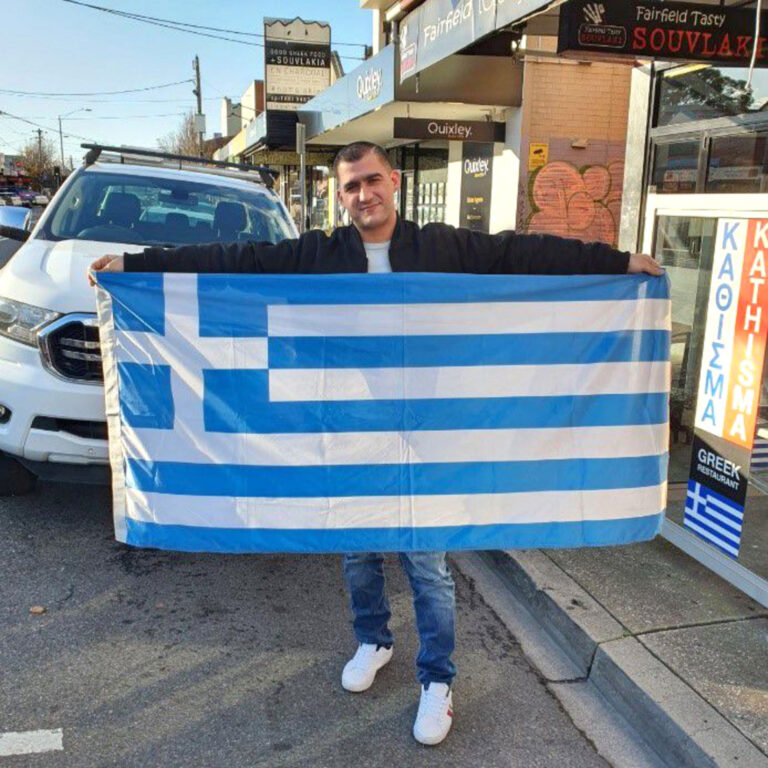
Chris Gerakoudis, now 33, from Halkidiki in northern Greece landed in Australia in 2012 at the height of the Greek Financial Crisis, “in search of a better life.”
At 22 he moved to Loxton, in the River Land, South Australia, and worked as a forklift driver for a citrus company. He lives in Melbourne now.
“I came here with nothing, and now I have everything, I am the happiest man ever. Every person makes their own choice.”
These Greek nationals agree that after years of living, studying or working in Australia, they still identified as Greek. Australia provides better economic and educational opportunities but they miss the intensity of social life – especially on weeknights.
But, do young Greek Australians agree? “Yes” says Kostandinos Polydoros, 20, “the lifestyle is better in Greece.”
“People live to work in Australia. Going out on a week-night is an odd occasion.”

Kostandinos goes out for dinners, a footy match, he plays pool and “catches a movie with mates.”
“On weekends I’ll go to a bar or a club.”
Dr Katherine Ververis, 34, agrees that the social life “is far better in Greece, but not the overall way of life .”
“In Greece people struggle to make ends meet, I love Greece, but I would never want to live there.”
Katherine says that “wages are better in Australia and there are more opportunities for women in education and employment here.”
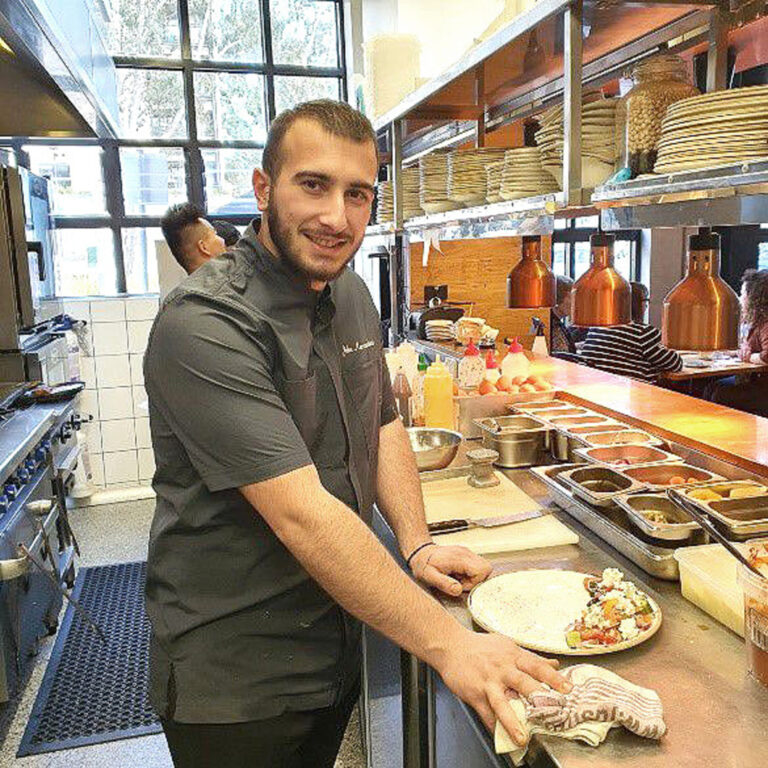
“Greece can also be a political mess, and Australia is a multicultural country, and more open-minded than Greece, so I prefer to live here.”
Katherine has many Greek-born friends and says that they “understand each other better” compared to her Anglo Australian friends, or non-Greek friends.
“We have been raised with similar cultural influences despite growing up in different countries.”
“We will share common interests and tastes in music or dance, or our humour, and we will relate to aspects of our childhood raised by Greek grandparents.”
“But, we aren’t the same, there is a difference between us and Australia is also part of our identity.”
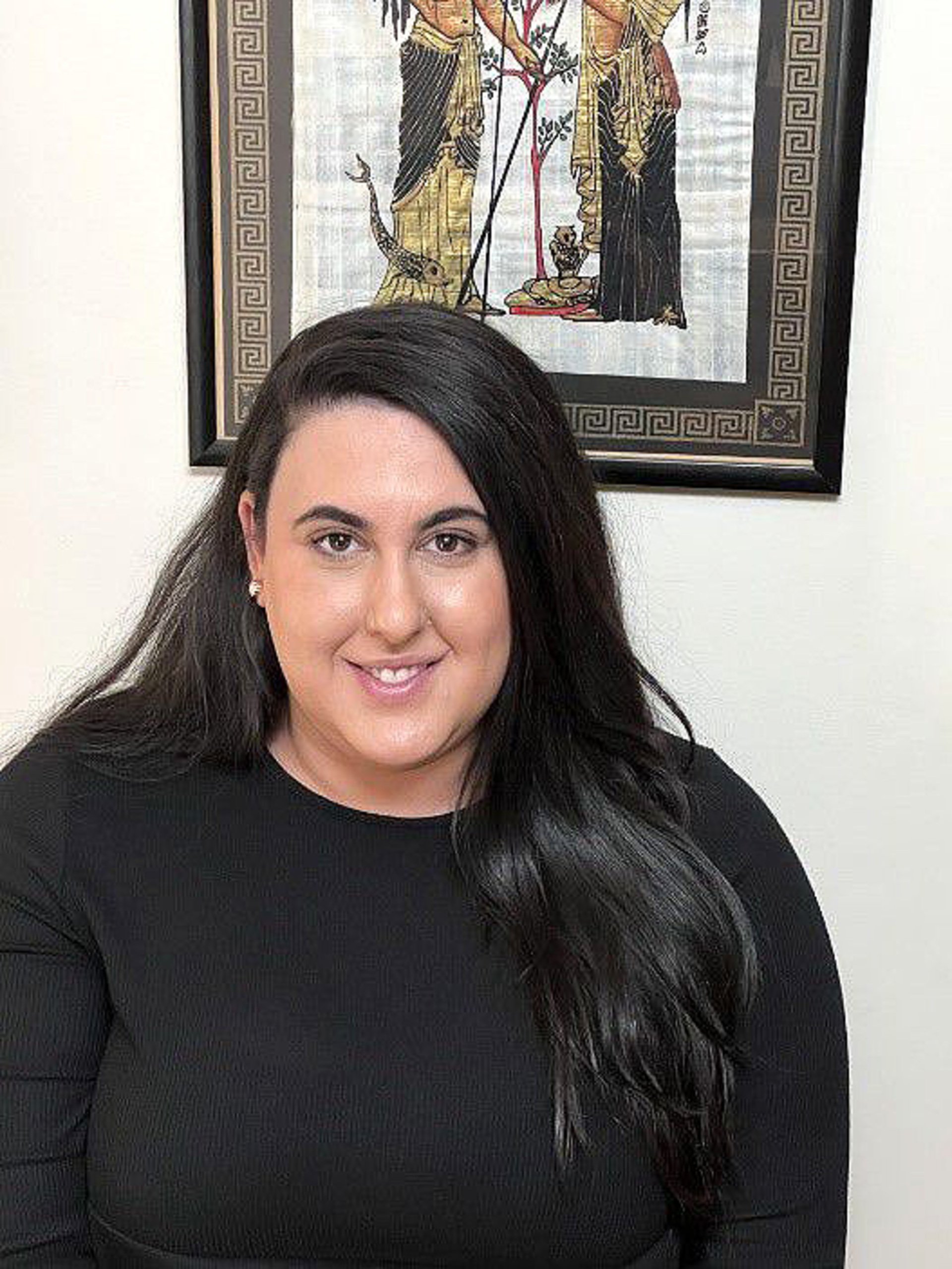
Kristina Bounas, 19, says that the cultural differences are something she notices between Greek-born young people and herself.
“The way we speak and our way of thinking is different – we have grown up in two completely different places.”
Hellenic identity is not clear cut. every person identifies with varying degrees of Hellenism.
Greek Australians are proud of their heritage, but they are not like Greek-born nationals. Growing up in Australia and attending the Australian education system, and with different levels of Greek language skills.
Regardless of the differences their Hellenic Diaspora identity links them all.

[ad_2]
Read Nore:Australia is great… but needs a bit of salt

 Canada
Canada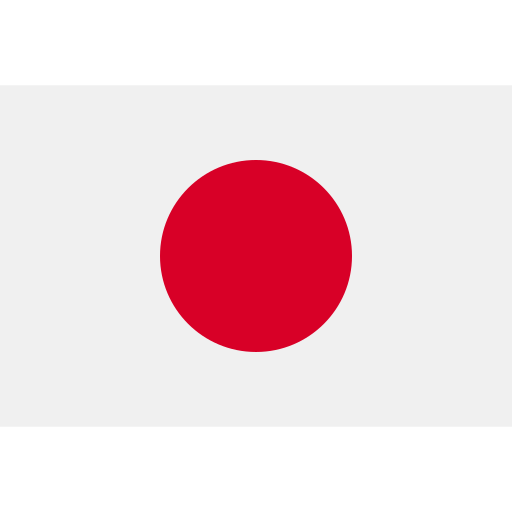 Japan
Japan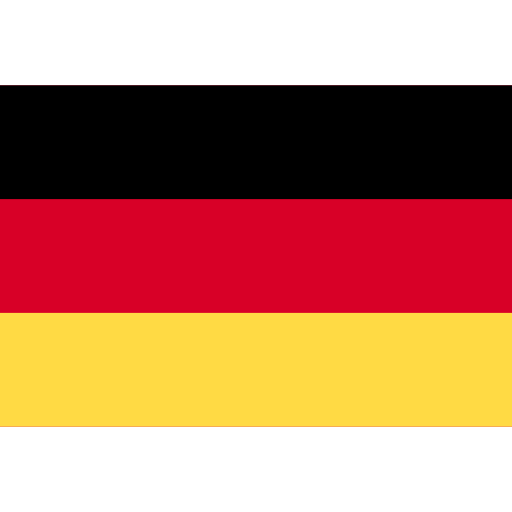 Germany
Germany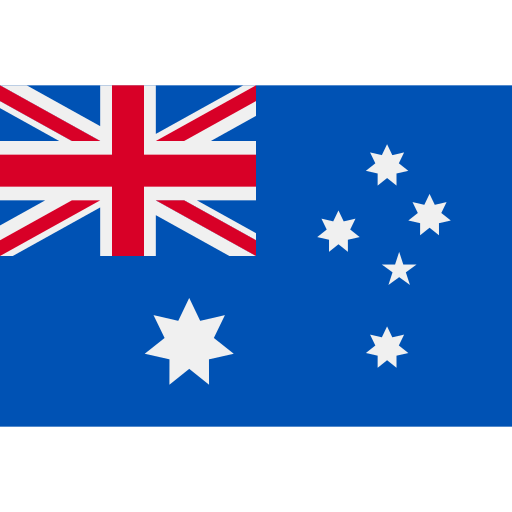 Australia
Australia United States
United States United Kingdom
United Kingdom China
China France
France Ukraine
Ukraine Russia
Russia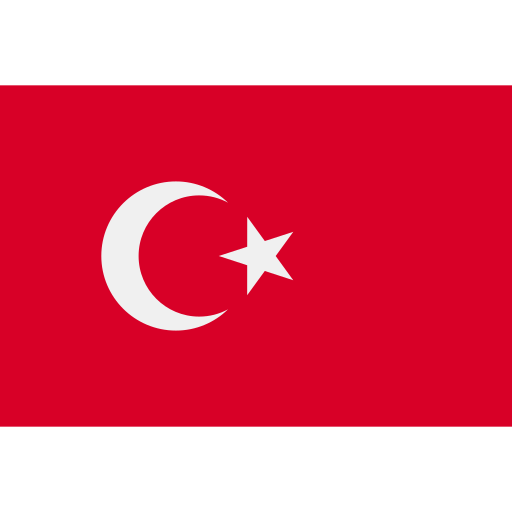 Turkey
Turkey